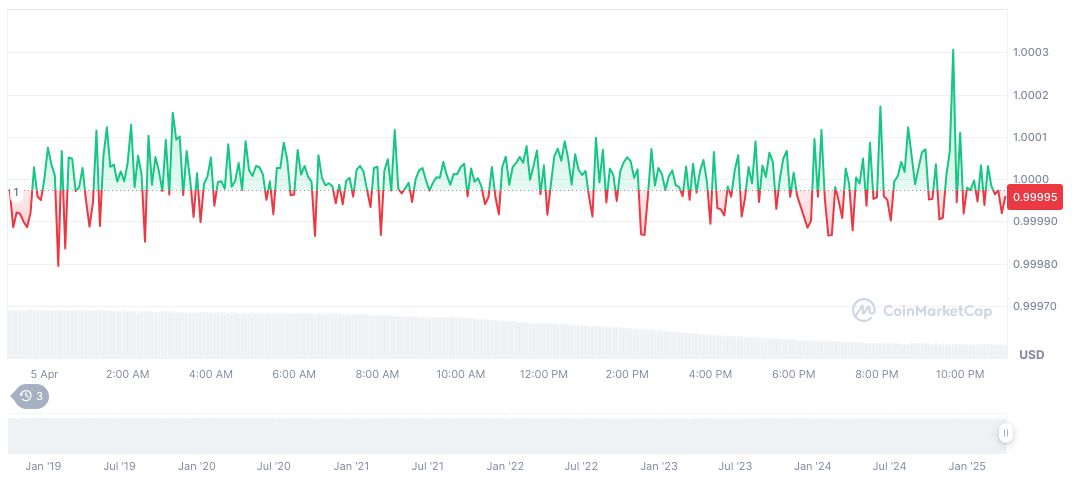- SEC clarifies USD-backed stablecoins not securities, impacting market regulation.
- Reduces compliance burdens for issuers.
- Encourages broader adoption in payments and finance sectors.
The U.S. SEC confirms USD-backed stablecoins are not securities under current law. This announcement aims to foster a stable regulatory environment.
The SEC’s decision impacts stablecoin issuers like USDC and Tether, easing regulatory burdens while promoting payment and finance sector growth.
SEC Defines Regulatory Boundaries for USD-Backed Stablecoins
SEC’s announcement, issued by the Division of Corporation Finance, clarifies that stablecoins maintaining a one-to-one value with the U.S. dollar are not securities. Actions led by U.S. Treasury Secretary Scott Bessent and others emphasize stablecoin regulation. SEC’s requirements for the stablecoins include holding low-risk assets as reserves. Aimed at payment uses, these stablecoins are not for investment.
“Transactions involving the minting and redemption of ‘Covered Stablecoins’ are not considered securities and do not require registration with the SEC under the Securities Act.” — U.S. SEC Division of Corporation Finance
Market reactions include increased confidence among issuers such as Circle, leading to more transparency. Statements from figures like Senator Bill Hagerty support alignment with federal regulations. The blockchain community broadly welcomes this regulatory clarity as it could spur innovations in payments and DeFi applications.
Analysis of Stablecoin Growth and Regulation Effects
Did you know? The collapse of Terra’s UST in 2022 underscored the risks of algorithmic stablecoins, accelerating discussions on clearer regulations.
USDC, currently at $1.00, has a market cap of $60.53 billion, reporting no price change over 24 hours. With a trading volume of $4.41 billion, USDC’s market dominance stands at 2.27%, as per CoinMarketCap.

Coincu’s research team highlights the potential for regulatory insights shaping stablecoin adoption. Historical trends show increased stablecoin integration in payments. Advancements in tech and transparent practices are essential for issuer compliance and expanding DeFi applications. Experts foresee significant growth in usage conditions refined by regulatory frameworks.























